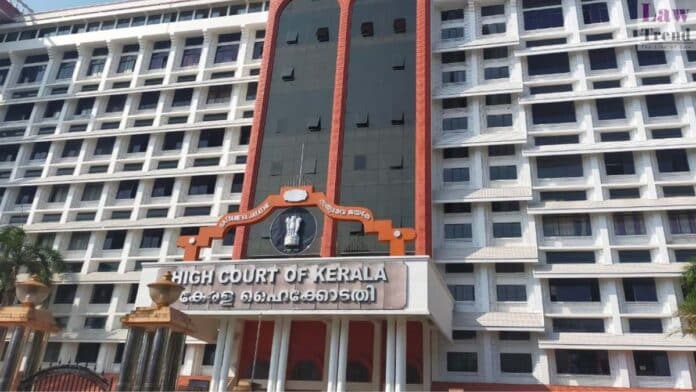The Kerala High Court has made headlines with its recent decision to dismiss a petition seeking to quash criminal proceedings against a man accused of instigating communal discord by objecting to a handshake between a Muslim woman and a non-relative male. The case spotlights the complex interplay between religious practices and legal rights in India.
The controversy began when a Muslim woman, described in court documents as the second respondent, shook hands with Dr. TM Thomas Isaac, Kerala’s former finance minister, at a public event. This act was captured and widely circulated in the media. Subsequently, a law student filed a complaint accusing the woman of violating Shariat law by engaging in physical contact with a man who was not a relative. The student further claimed that the woman’s actions constituted adultery.
Justice PV Kunhikrishnan presided over the case, posing a significant question: “If a Muslim girl gives a handshake to an adult male, and both parties involved have no problem with it, can a third party claim that the Muslim girl violated religious beliefs?” He ruled that no religious belief could supersede the Constitution, which he affirmed as the ultimate authority.
The court refused to quash the criminal proceedings initiated under Section 153 of the Indian Penal Code (provocation with intent to cause a riot) and Section 119(a) of the Kerala Police Act, pertaining to atrocities against women. The petitioner had circulated a Facebook post and a WhatsApp video alleging that the handshake was a breach of Shariat law, which led to criminal charges against him for defamation and incitement.
In its analysis, the court noted that handshakes, generally a sign of respect and professionalism, might be interpreted differently under Islamic practices, where physical contact with the opposite sex can be considered haram (forbidden). However, it emphasized that religious practices are personal and voluntary.
The court cited Quranic verses to support its decision, including Surah Al-Kafirun (109:6) — “For you is your religion, and for me is my religion” — and Surah Al-Baqarah (2:256) — “There is no compulsion in religion.” It underscored that the Constitution protects individual rights and that society should support personal freedoms.
The ruling determined that the case should proceed to trial, where the allegations will be further examined. The court directed the trial court to handle the proceedings expeditiously, maintaining that if the petitioner is found innocent, he should be acquitted through the proper legal channels.




